African Delegates Offer Apology For Africa’s Role In The Slave Trade
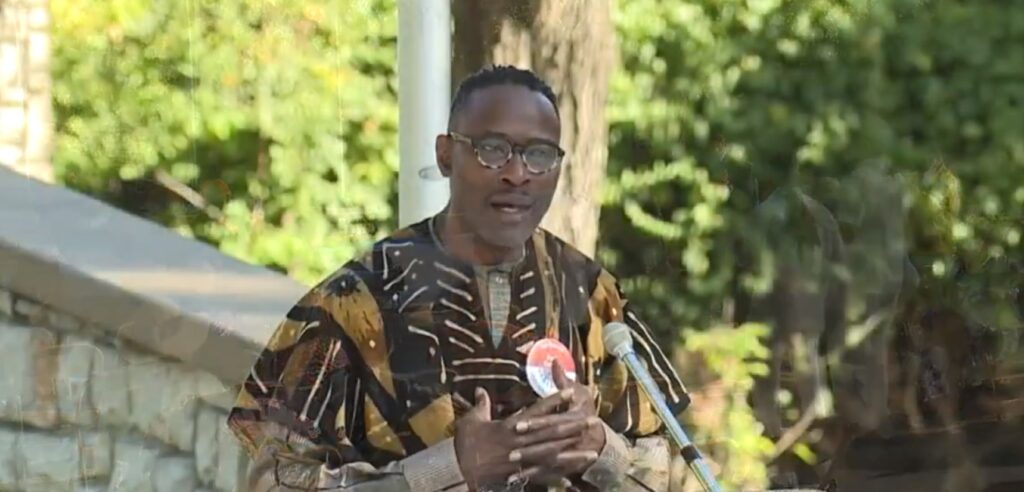
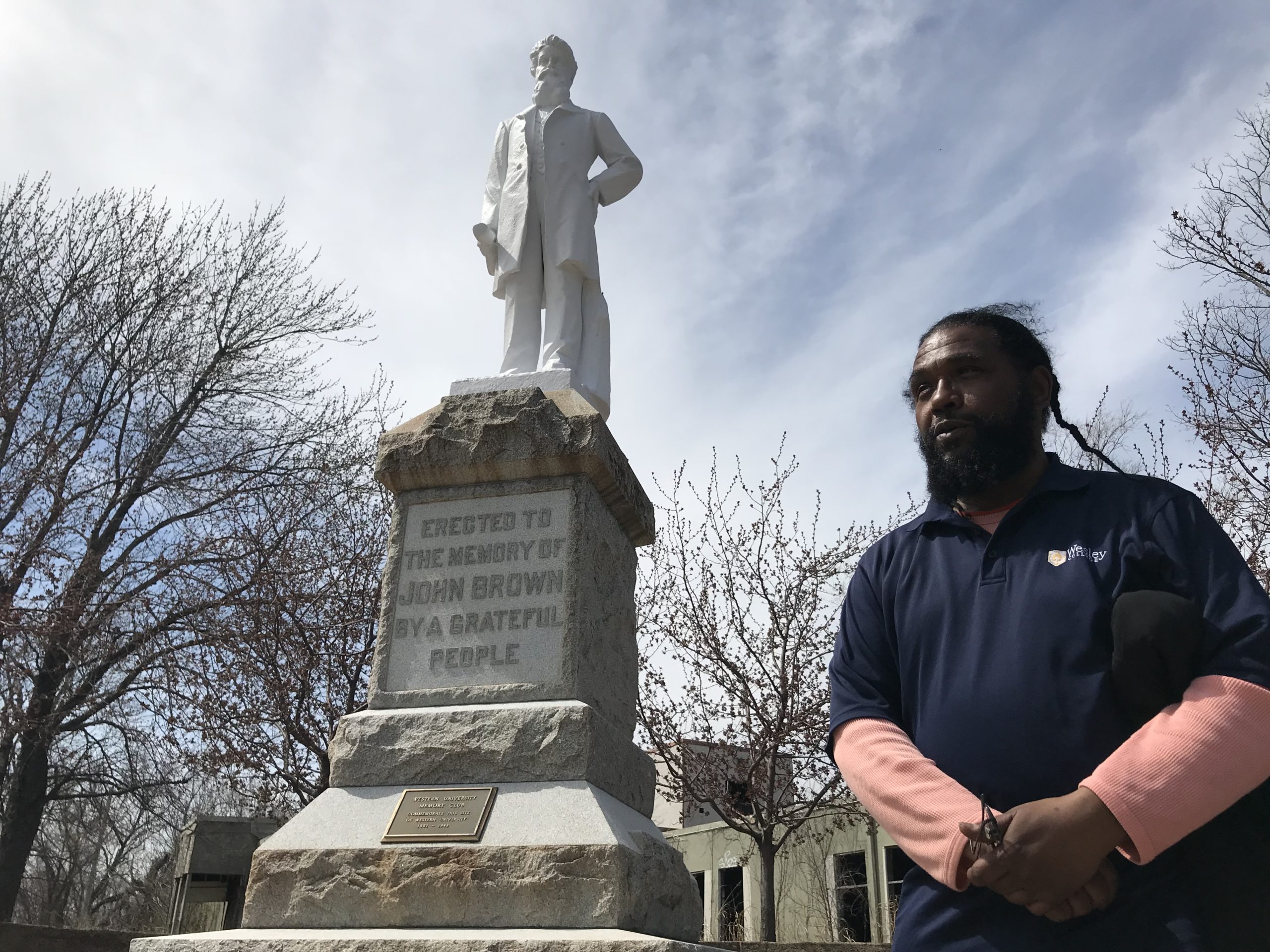
The first step toward amending wounds is the acceptance of wrongdoing. For many years, there has been a growing call for European countries to offer apologies for their role in the transatlantic slave trade. However, European countries are not the only guilty party. African chiefs facilitated the slave trade in one way or another.
For the first time since the end of the slave trade, African leaders have offered apologies for the wrongdoings of their ancestors. On Wednesday 28 September 2022, African delegates converged at the Quindaro Township Site in Kansas City, Kansas for a ceremony. Also present was Anita Dixon, the Executive Director at UNESCO Creative City of Music-KC
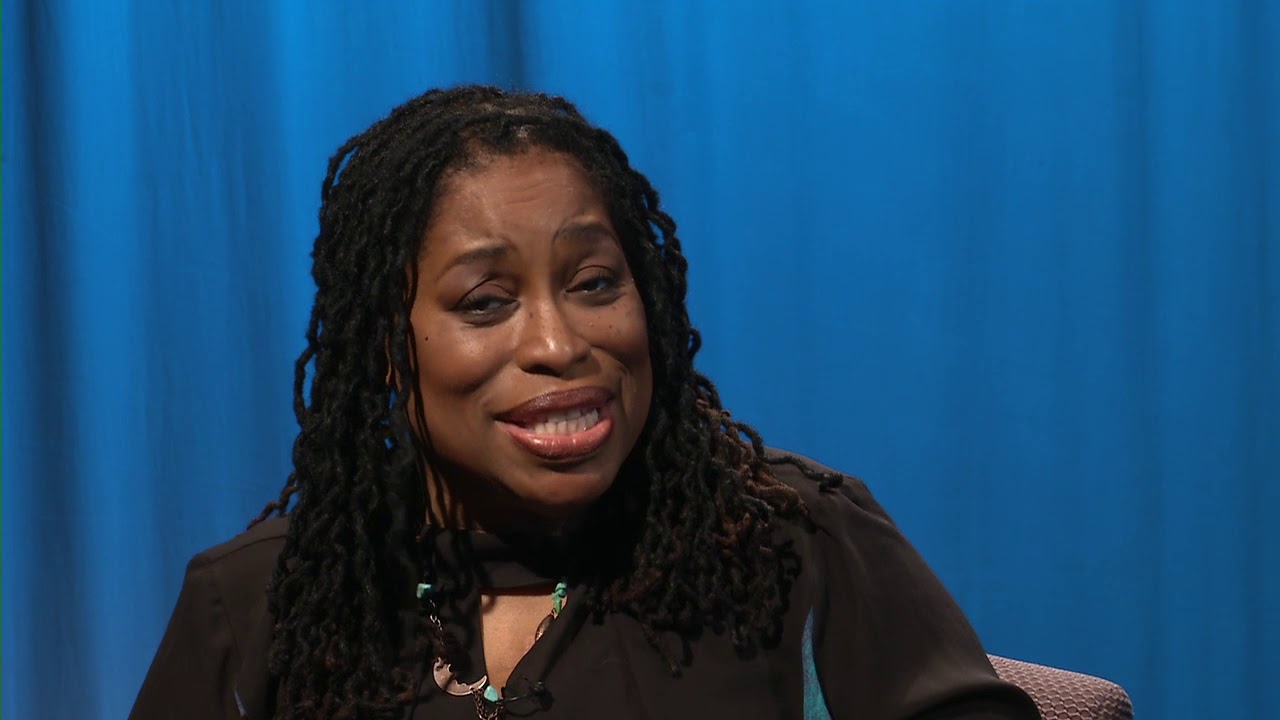
At the ceremony, the African delegates read out letters of apology from their tribal leaders and chiefs for the role of their ancestors in the slave trade of fellow Africans. Reacting to the apology letters, Dixon who noted that inviting the African delegates to the Quindaro site was crucial said,
“This is the healing that I have yearned for as a Black woman in America. This apology is for African people, Black people scattered all over the globe and not just to people of color.”
ALSO READ: Remembrance Of Slave Trade: Is Modern Slavery Worse Than The Pre-colonial Era?
Also present at the ceremony was Wyandotte County Commissioner, Gayle Townsend, members of the Wyandotte Tribe, and state and local leaders from Missouri and Kansas. The apology letters zoomed in on the dark past of the African continent and the role local chiefs played in facilitating the slave trade.
The false representation of enslavement

For so long, the popular story has been that Americans and Europeans stormed Africa and forced some of the continent’s strongest citizens into slavery. However, David Haley who is a Kansas senator said the apology from the African leaders creates “awareness that there is a broad culture that facilitated the travesty of enslavement”.
Without a doubt, the transatlantic slave trade that lasted for years will not have been successful without the cooperation of African chiefs. Some of the delegates from Africa tendered their apology at the event. One of them was Charles Nzally from the Gambia in West Africa.
“[I am] really sad that several African chiefs violated the oath they swore to protect their people. They kidnapped and sold or negotiated the exchange of their people to foreigners.”
Another African delegate to tender an apology was Chiluba Mosunda from Zambia. Mosunda further highlighted the importance of an apology.
“It gives us the opportunity to have vital conversations. This conversation must take place among Africans in addressing the Transatlantic slave trade that changed people of African descent forever.”
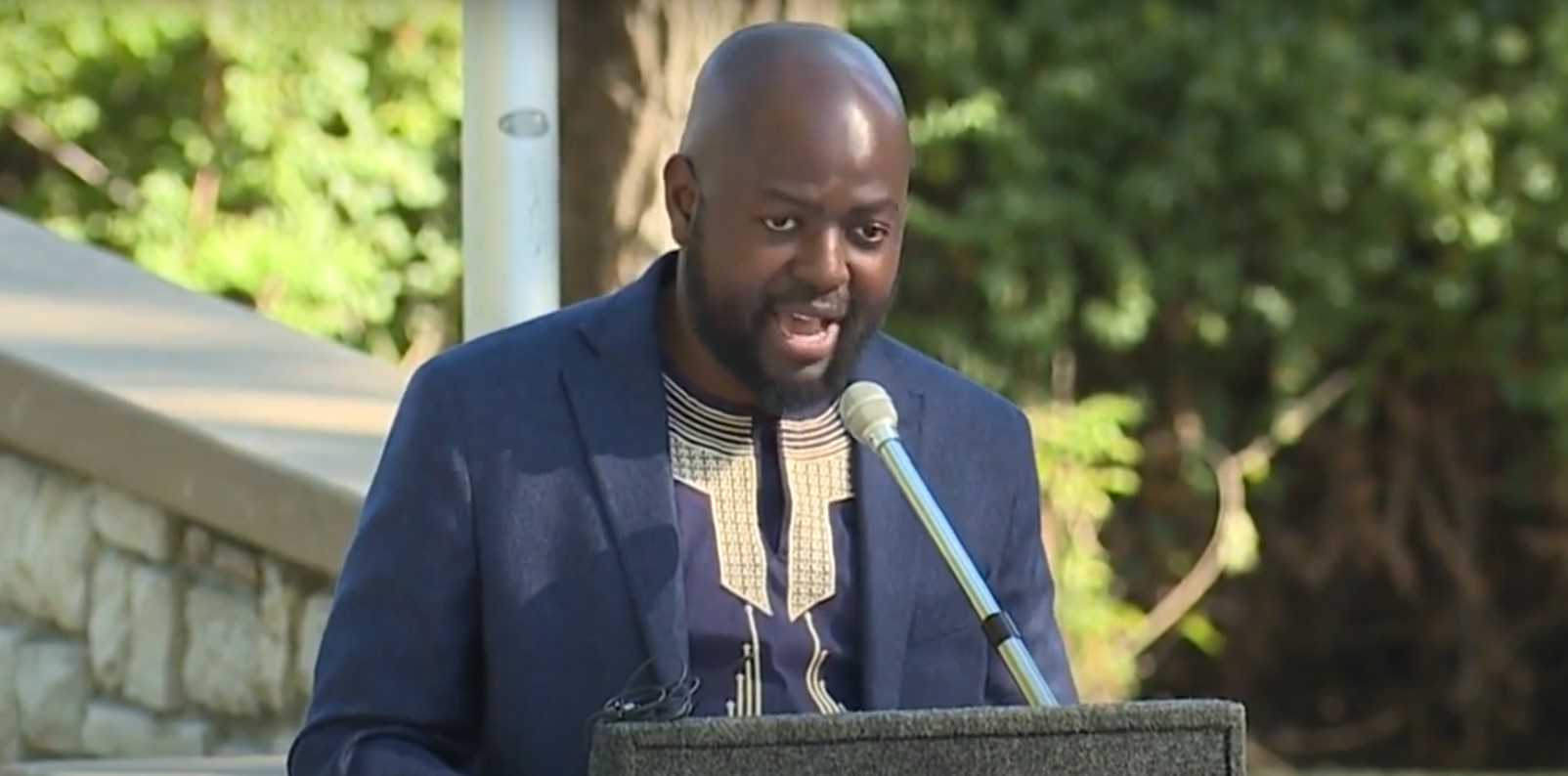
Dixon mentioned that the letters of apology will help people to think about the decisions of African tribal leaders. According to Dixon, it helps to open a new chapter of life, love, and healing.
ALSO READ: Ghana Joins A Growing List Of Countries Calling For Slavery Reparation. See Why
Recounting some of the traumas of being a Black person in America, Dixon said, “When you look at a black person and can’t tell their country of origin, it is heartbreaking for Black Americans”.
See the video from the event here.
Muammar Gaddafi apologizes for the role of Arab leaders in the slave trade

One of the first African leaders to acknowledge and apologize for the role of African tribal leaders in the transatlantic slave trade was Muammar Gaddafi. At the 2010 Arab African Summit in Sirte, the late leader tendered an apology and condemned the behavior of wealthy Arab leaders that contributed to the slave trade. In a heartfelt speech, the late Libyan leader said,
“On behalf of the Arabs, I’d like to condemn, apologize, and express deep sorrow for the conduct of some Arabs, especially the wealthy ones towards their African brothers. They bought children and took them to North Africa to the Arabian Peninsula, and to the other Arab regions.”
The Elmina Castle in Ghana offers an apology too
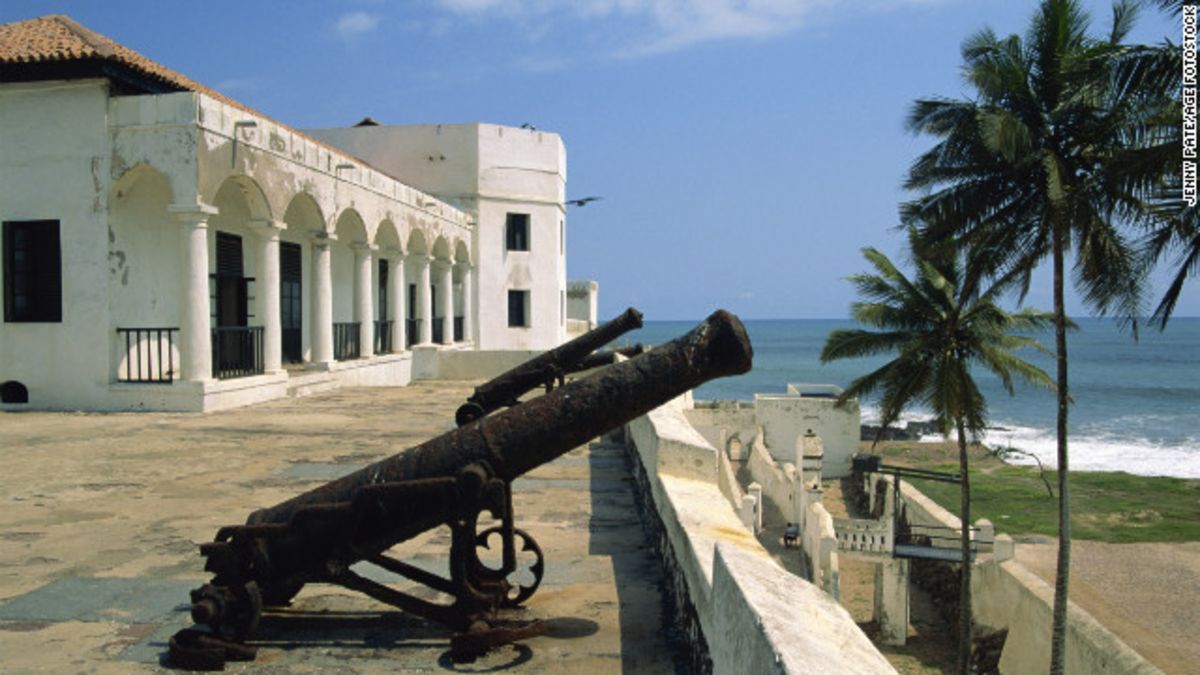
The Elmina Castle in Ghana was a notorious trading ground for enslaved Africans. Millions of enslaved Africans were sold there. From there, they were shipped to uncertain futures in the Caribbean, Europe, and America.
An epitaph on the wall of the Elmina Castle bears an inscription that acknowledges the wrongdoing of Africans and offers some form of apology. The inscription reads,
“In everlasting memory of the anguish of our ancestors. May those who died rest in peace. May those who return find their roots, and may humanity never again perpetrate such injustice against humanity. We the living vow to uphold this.”
Calls for African leaders to apologize for their role in the slave trade go a long way
As far back as 2009, the Civil Rights Congress of Nigeria wrote to tribal chiefs saying that it was wrong to keep on blaming the white men since Africans, especially tribal rulers also took part in the slave trade. According to the congress, African leaders raided and kidnapped defenseless people and traded them to Europeans.
The congress believes that an apology from African tribal leaders will “put a final seal on the slave trade era”. For so long, many American and European nations have accepted the cruelty done by their ancestors. Some have even offered some form of compensation for their wrongdoings.
ALSO READ: Remembering Victims Of Child Slavery And How To Put An End To The Menace In Africa
However, African tribal leaders have been reluctant to do the same. Rather, they continue to trade blame. The ceremony at the Quindaro Township Site is the first time that a group of African leaders is offering an apology to African Americans who can no longer trace their roots.
An apology should come with a means of reintegration
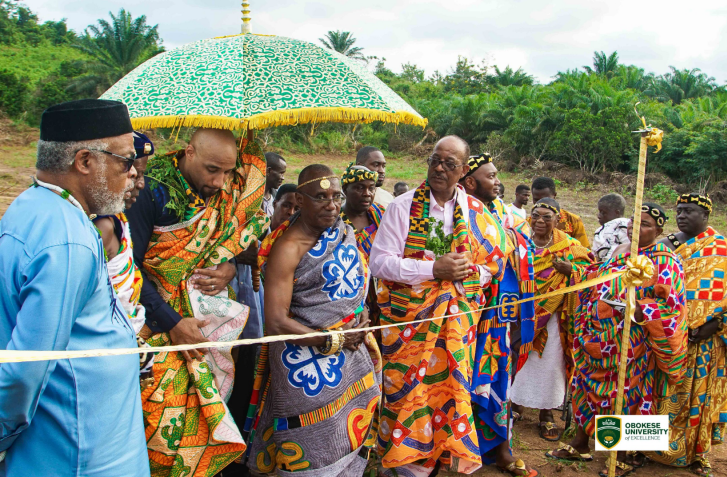
An apology alone may not be enough to undo the wrongs that span over 400 years. While an apology to Black people of African descent all over the world is long overdue, there should be a process to reintegrate those that want to return to their roots.
Professor Omanhene Okatakyi Amanfi VII, the King of Asebu Traditional Area took a bold step towards the reintegration of African diasporans by setting aside 5,000 acres of land for free close to Cape Coast, Ghana. The land is for descendants of kidnapped and enslaved Africans who will want to return to the continent.
It is not enough to ask others to issue an apology. You have to forgive yourself first. The time is long overdue for Africans to move away from their painful past and forge a better future for the continent. Perhaps, the Quindaro Township Site ceremony will set the ball rolling for a brighter future for the continent.
Do you think Africans should continue to blame the whites for the transatlantic slave trade or focus on uniting the continent considering that the slave trade still happens on the continent?







Responses